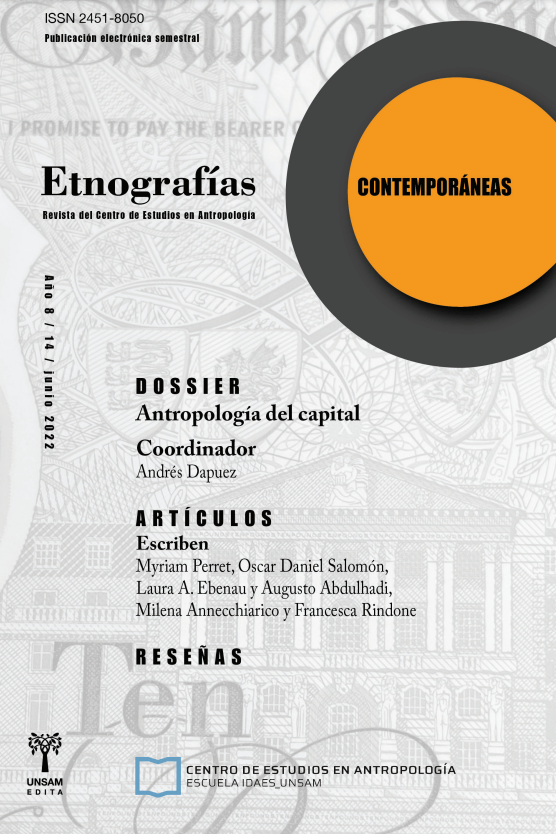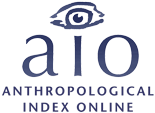Proletarian Politics Today
On the Perils and Possibilities of Historical Analogy
Keywords:
historical analogy, comparison, labor, proletariat, property, dependence, South Africa, ancient RomeAbstract
When contemporary dispossessed urban classes are figured as a “proletariat,” a potent historical analogy is activated in which the well-documented experience of the burgeoning industrial working classes of nineteenth-century Europe provides an implicit template for interpreting events and processes far removed in time and space. Yet Karl Marx’s own deployment of the figure of the proletariat, which often provides the inspiration and model for such analogic moves, was itself in its own time already a complex historical analogy, invoking the social hierarchies of ancient Rome. Rethinking this doubly analogical intellectual history provides an occasion both for considering the uses and abuses of historical analogy, and for using a reflection on the original (Roman) proletarians as a conceptual lever for prying apart some outdated assumptions about the contemporary politics of certain propertyless urban populations, in southern Africa and beyond.
References
Alfoldy, Geza (1985). The Social History of Rome. London, Croon Helm.
Atkins, Margaret y Robin Osborne, eds. (2006). Poverty in the Roman World. New York, Cambridge University Press.
Bairoch, Paul (1988). Cities and Economic Development: From the Dawn of History to the Present. Chicago, University of Chicago Press.
Beard, Mary (2015). SPQR: A History of Ancient Rome. New York, Liveright Publishing.
Brown, Peter (2012). Through the Eye of the Needle: Wealth, the Fall of Rome, and the Making of Christianity in the West, 350–550 AD. Princeton, Princeton University Press.
Chatterjee, Partha (2006). The Politics of the Governed: Reflections on Popular Politics in Most of the World. New York, Columbia University Press.
Denning, Michael (2010). “Wageless Life”, New Left Review 66, pp. 79–97.
Fallers, L. A., (1961). “Are African Cultivators to Be Called “Peasants”?, Current Anthropology 2, 2, pp.108–10.
Ferguson, James (1999). Expectations of Modernity: Myths and Meanings of Urban Life on the Zambian Copperbelt. Berkeley, University of California Press.
–––(2015). Give a Man a Fish: Reflections on the New Politics of Distribution. Durham, North Carolina, Duke University Press.
Forment, Carlos A. (2015). “Emergent Forms of Plebeian Citizenship: Everyday Ethical Practices in Buenos Aires’s La Salada’s Market”, Current Anthropology 56 (supp. 11): pp S115–S125.
Gibson-Graham, J. K. (1996). The End of Capitalism (As We Knew It): A Feminist Critique of Political Economy. Oxford, Blackwell.
Gluckman, Max (1961). “Anthropological Problems Arising from the African Industrial Revolution. En A. Southall, ed., Social Change in Modern Africa.London, Oxford University Press.
–––( 1963). “Feudalism in Africa?”, Journal of African History, 4, 1, pp. 1–18.
Grant, Michael (1992). A Social History of Greece and Rome. New York, Charles Scribner’s Sons.
Hammond, John Lawrence y Barbara Bradby Hammond (1917). The Town Labourer, 1760–1832: The New Civilization. London, Longmans, Green.
Hammond, John Lawrence y Barbara Bradby Hammond (1920). The Village Labourer, 1760–1832: A Study in the Government of England before the Reform Bill. London, Longmans, Green.
Hannerz, Ulf. (1992). Cultural Complexity: Studies in the Social Organization of Meaning. New York, Columbia University Press.
Hardt, Michael and Antonio Negri (2000). Empire. Cambridge, Harvard University Press.
Hobsbawm, Eric (1965). Primitive Rebels: Studies in Archaic Forms of Social Movement in the 19th and 20th Centuries. New York, W. W. Norton.
Jacobs, Ricardo (2017). “An Urban Proletariat with Peasant Characteristics: Land Occupations and Livestock Raising in South Africa”. Journal of Peasant Studies. DOI: 10.1080/03066150.2017.1312354.
Knapp, Robert (2011). Invisible Romans. Cambridge, Harvard University Press.
Lefebvre, Henri (2003). The Urban Revolution. Minneapolis, University of Minnesota Press.
MacMullen, Ramsay (1974). Roman Social Relations, 50 B.C. to A.D. 284. New Haven, Yale University Press.
Marx, Karl (1978). The Eighteenth Brumaire of Louis Bonaparte. Peking, Foreign Languages Press.
Morley, Neville ( 2006.) The Poor in the City of Rome. In Margaret Atkins and Robin Osborne, eds. Poverty in the Roman World. New York, Cambridge University Press, 21–39.
Parkin, Tim G. and Arthur J. Pomeroy (2007). Roman Social History: A Sourcebook. New York, Routledge.
Ranger, T. O. (1985). The Invention of Tribalism in Zimbabwe. Gweru, Zimbabwe, Mambo Press.
Shelton, Jo-Ann (1988). As the Romans Did: A Source Book in Roman Social History. New York, Oxford University Press.
Sjoberg, Gideon (1965). The Preindustrial City: Past and Present. New York, Free Press.
Stallybrass, Peter (1990). “Marx and Heterogeneity: Thinking the Lumpenproletariat”. Representations 31,pp. 69–95.
Therborn, Göran (2012). “Class in the 21st Century”. New Left Review 78, pp. 5–29.
Veyne, Paul (1990). Bread and Circuses: Historical Sociology and Political Pluralism.New York, Viking.
Weber, Max (1969). “The Nature of the City”. En Richard Sennett, ed., Classic Essays on the Culture of Cities. Englewood Cliffs, N.J., Prentice Hall, 23–46.
Žižek, Slavoj (2012). Less than Nothing: Hegel and the Shadow of Dialectical Materialism.New York, Verso.
























